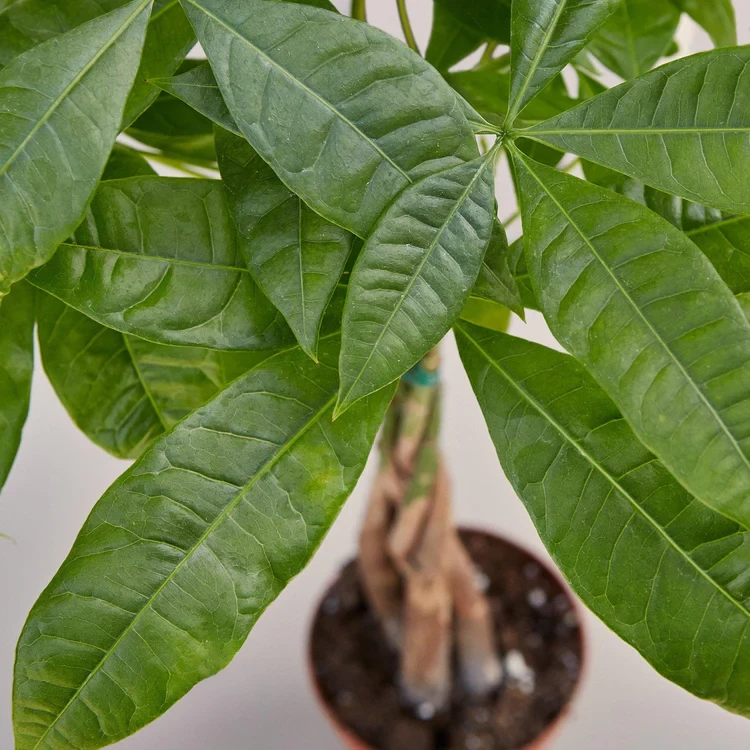
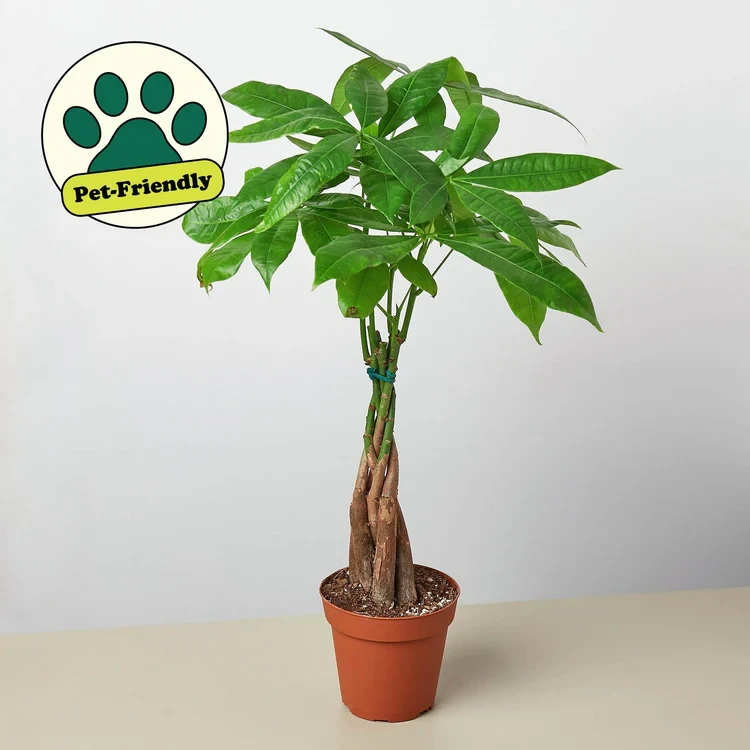
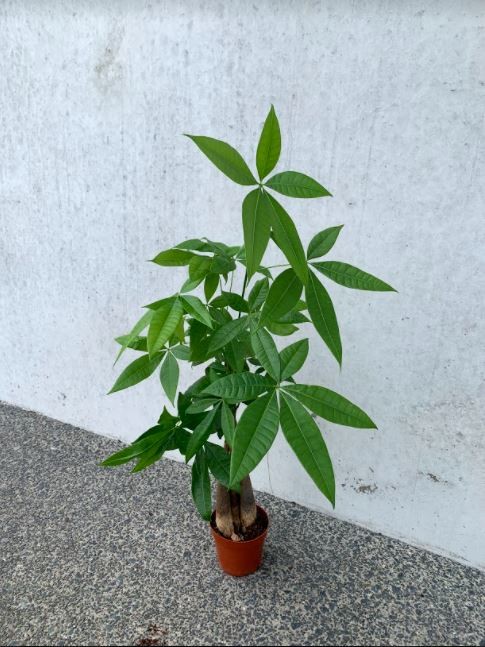
Money Tree 'Guiana Chestnut' Pachira Braid
Normally: $49.99
Botanical Name: Pachira aquatica
Common Name(s): Guiana Chestnut, Money Tree
Description: Native to central and South America, the Money Tree is a braided tree that can grow up to 6-8 feet indoors or be trained as a bonsai. In east Asia, the Money Tree is often used by those who practice Feng Shui to bring positive "Chi", or energy, into the room, thus being a popular housewarming gift. On top of that, it is a hardy plant that requires relatively low maintenance. It can tolerate direct sunlight, but prefers bright indirect light, lots of water, and warm temperatures.How to Grow and Care for the Money Tree
How to Keep Your Money Tree Thriving Indoors
By CORI SEARS Updated on 12/19/23We love plants.0 of 3 minutes, 2 secondsVolume 0%00:0003:02 IN THIS ARTICLE
The money tree is a species native to Central and South America that has become an attractive, easy-care houseplant thanks to its hardy nature. First popularized as a houseplant in Taiwan during the 1980s, the money tree is prominent among those who practice feng shui and is believed to create positive “chi,” or energy.
Most commonly, money trees are sold as small plants with a braided trunk made up of three, five, or seven stems. The trees are braided at the nursery when they are young and will continue to grow this way as they mature.
The trees will grow quickly indoors or outdoors, often adding up to 24 inches a year in height.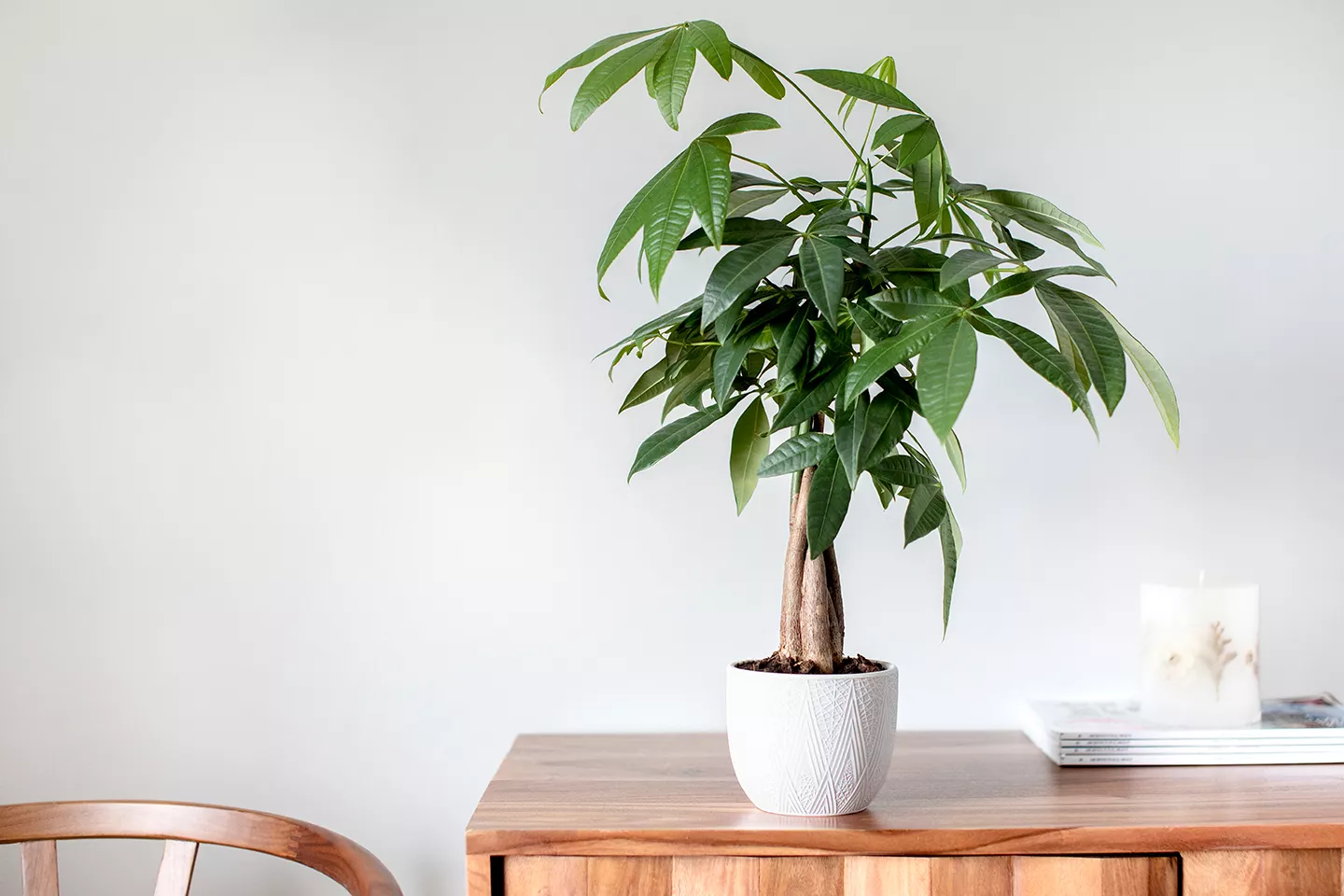
The Spruce / Kortney Gloska
| Common Name | Money tree, Guiana chestnut, Malabar chestnut |
| Botanical Name | Pachira aquatica |
| Family | Malvaceae |
| Plant Type | Tree |
| Mature Size | 6-8 ft. tall and wide |
| Sun Exposure | Full, partial |
| Soil Type | Moist but well-drained |
| Soil pH | Acidic, neutral |
| Bloom Time | Spring |
| Flower Color | Yellow, white |
| Hardiness Zones | 10-12 (USDA) |
| Native Area | Central America, South America |
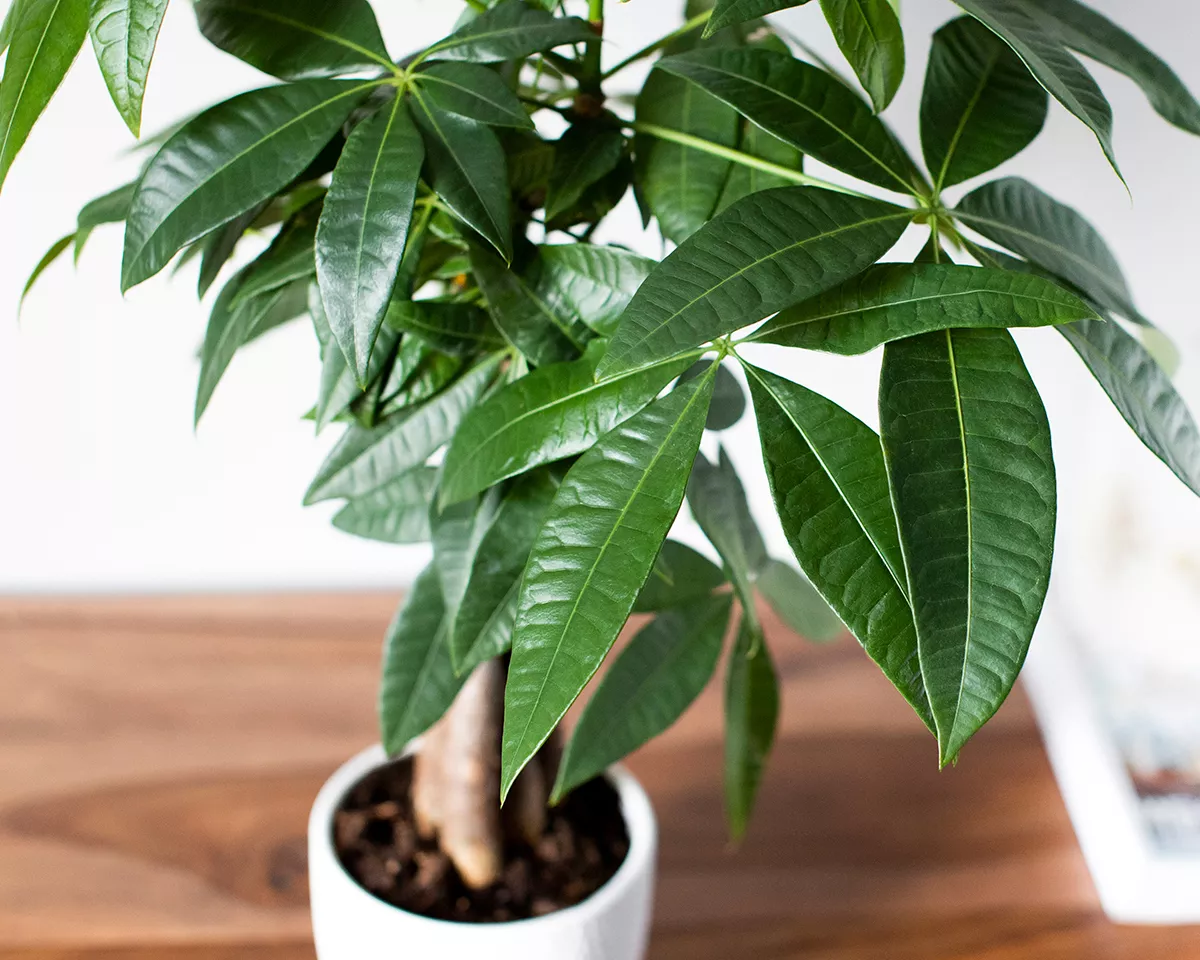
The Spruce / Kortney Gloska
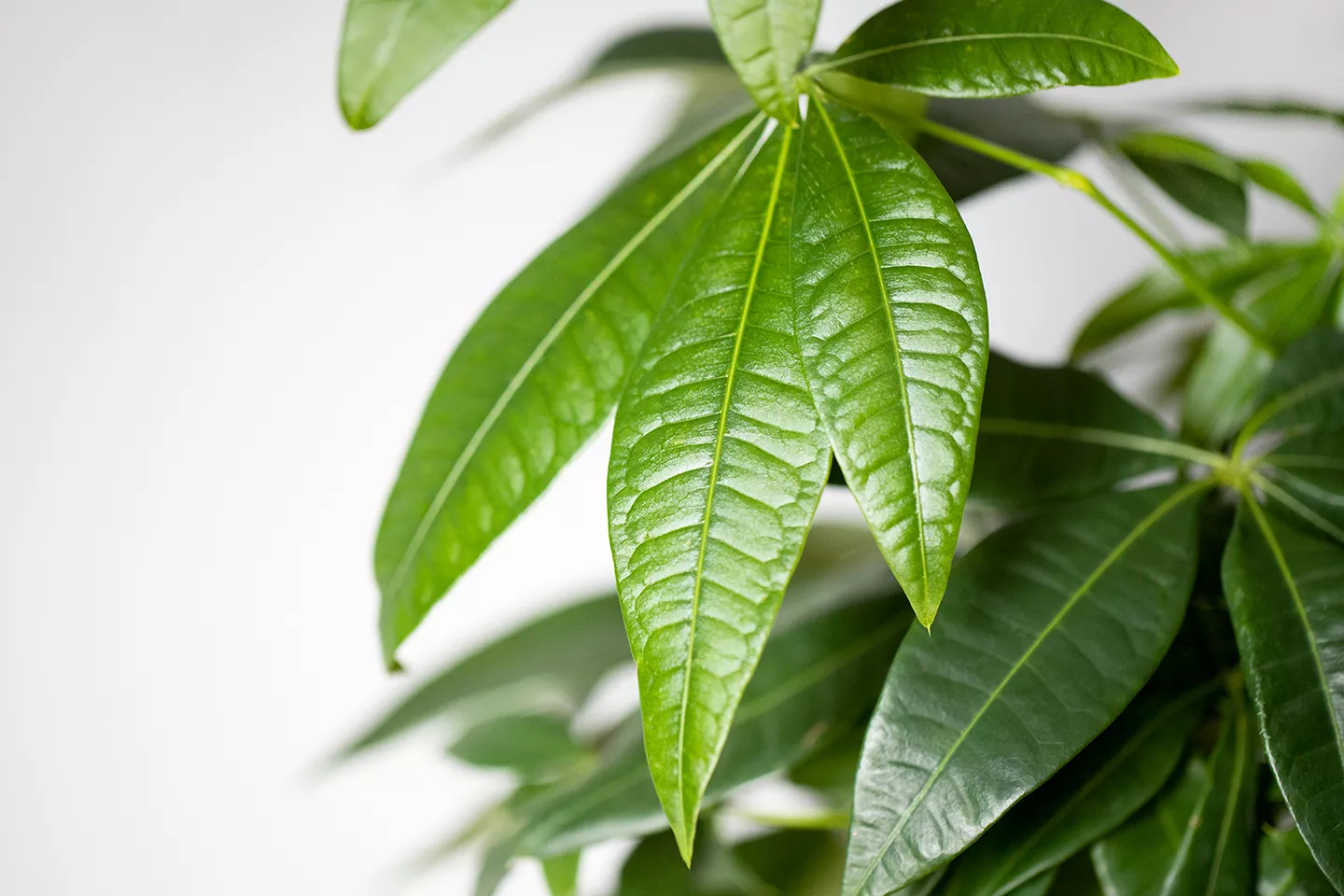
Money Tree Care
Here are the main care requirements for growing a money tree indoors:
- Place the plant in a spot where it gets at least six hours of bright to medium indirect sunlight every day.
- Use well-draining potting mix high in peat moss.
- Water it regularly to keep it evenly moist but reduce watering in fall and winter.
- Fertilize monthly during the growing season in spring and summer.
Light
Outdoors, these plants tolerate direct sunlight, but indoors money trees has specific light requirements. They should be placed in bright to medium indirect sunlight, for at least six hours a day. If you don't have a sunny window that provides enough light, this plant will also do well under fluorescent light.
Soil
Money tree needs a potting medium with excellent drainage, ideally, a potting mix that is peat-moss-based because it provides the necessary soil acidity of a pH between 6.0 and 7.5.
Water
Money trees should be watered often and regularly, each time the top inch of soil is dry. Water more frequently in the spring and summer months and cut down on watering in the fall and winter. While money trees thrive with lots of water, be careful not to overwater them. The best way to avoid overwatering your plant is to ensure that the potting container and the soil have the proper drainage.
Temperature and Humidity
Money trees appreciate mild temperatures and high humidity. Generally, they should be kept between 65 and 75 degrees F and not placed near
any warm or cold drafts. Since home environments are typically dry, increase humidity around your money tree by placing it on
top of a pebble tray filled with water, regularly misting the leaves, or using a small space humidifier.
Fertilizer
Fertilize your plant monthly throughout the spring and summer, when the plant is actively producing new leaves, and every two months throughout the fall and winter. An all-purpose houseplant fertilizer that has been diluted to half-strength will work best.
Pruning is an important part of caring for your money tree, especially if you wish to braid it, train the plant as a bonsai, or control its size. Regular pruning of the lower leaves also helps to encourage new growth at the top of the plant.
How to Braid a Money Tree
Young, healthy money trees with slim and flexible trunks can be braided together and potted as one plant. It is also possible to braid new and flexible stems on existing plants. Stems need to be well over a foot long to successfully braid. Braiding is thought to trap good fortune in its folds. It's a simple process, just like braiding hair, but it also takes practice and a gentle touch. Here is how it’s done:
- Take the plants out of their pots. Snip off excess leaves in the middle of the stem that will interrupt braiding.
- Begin braiding at the base or the top of the plants. Place a twist tie, ribbon, or piece of string around the ends to hold the stems together.
- As you braid, keep it loose; tight braiding damages the plant because as it grows, the stems thicken.
- Release the braid and see if it stays, but if not, gently and loosely tie it with string, a twist tie, or secure the braid with a piece of garden tape.
- Pot the plant in its new home. Stabilize the braided plants with a stake and loosely tie it to the stem with string. Do not put the stake in too deeply, as this risks damaging the roots.
- Braiding will stress the plants so place the pot in a partially shady area for about a month to recover.
- After a few months, cut off the tape or string holding the braid.
Propagating a Money Tree
The easiest way to propagate a money tree is from stem cuttings in the spring or summer when the plant is actively growing.
- Take a cutting at least 4 inches long from a healthy, firm stem, and make sure it includes a couple of nodes.
- Remove a few of the lower leaves and place the cutting in water.
- Once the cutting has rooted, plant it in a pot with potting mix.
Also, check out these detailed instructions for propagating a money tree.
Potting and Repotting a Money Tree
A well-draining, nutrient-rich potting soil is best for money trees. A peat moss-based mixture would be ideal, but a standard quick-draining soil mixture such as regular cactus or flower soil will also work. If the soil requires more drainage, you amend the mixture with perlite.
When choosing a potting container for your tree, always ensure that it has ample drainage holes, as money trees don't like their roots to sit in water and easily develop root rot if proper drainage is not provided. A smaller 6-inch pot is preferred for money trees.
Repotting your money tree is only necessary if you want your tree to grow larger. If you want your money tree to stay small, keeping it in a small pot is one of the best ways to do so.
Common Pests & Plant Diseases
Money trees are susceptible to a range of common houseplant pests when grown indoors, but are particularly prone to mealybugs and scale.1 If an infestation occurs, aim to treat the plant immediately using a mild insecticide or horticultural oil, like neem oil.
Common Problems With Money Tree
Money tree plants are easy enough to grow and maintain but a couple of problems may occur, which are usually alleviated by following some simple care tips.
Yellow or Brown Leaves
Typically yellowing or browning leaves indicate overwatering or underwatering. One way to tell the difference is to see if the leaves are both discolored and curling, which indicates underwatering. It could also mean you have given the plant too much or too little sunlight so you will need to change the plant's location to see if it helps.
Soft Stems/Trunk
If the stems or trunk is becoming too soft and heading towards mushy, you are overwatering the plant.
Leggy Plant
If you notice there's no new leaf growth and the plant looks too leggy, it may mean you are not giving it enough light. A new location may help.
Money Tree 'Guiana Chestnut' Pachira Braid: A Symbol of Prosperity and Luck for Your Home
The Money Tree 'Guiana Chestnut' Pachira Braid is a popular and elegant houseplant known for its unique braided trunk and lush, vibrant leaves. Often associated with good fortune, prosperity, and positive energy, this plant is a perfect addition to any home or office space. The Pachira Braid is not only visually striking but also easy to care for, making it an ideal choice for both novice and experienced plant enthusiasts.
Originating from Central and South America, the Money Tree has become a beloved symbol of wealth and success, with its braided trunk often seen as a sign of good luck. Whether you're looking to brighten your living room, add some greenery to your workspace, or bring some positive energy into your home, the Money Tree 'Guiana Chestnut' Pachira Braid is sure to make a lasting impression.
Key Features of the Money Tree 'Guiana Chestnut' Pachira Braid:
-
Unique Braided Trunk: The most distinctive feature of the Pachira Braid is its braided trunk, which is carefully
woven together as the plant matures. This unique characteristic makes it a visually stunning and conversation-worthy piece of decor. The
braid is not only an attractive feature but also symbolizes strength and unity.
-
Lush Green Foliage: The Money Tree boasts large, glossy, palmate leaves that radiate a vibrant green color. The
leaves grow in clusters, giving the plant a lush, full appearance that enhances any room. This vibrant greenery brings a refreshing touch of
nature indoors, creating a calming and inviting environment.
-
Easy to Care For: One of the reasons the Money Tree is so popular is its low-maintenance care requirements. It
thrives in indirect light, prefers slightly moist soil, and only needs occasional watering. Its forgiving nature makes it ideal for people
with busy schedules or those new to plant care.
-
Symbol of Good Luck: According to Feng Shui, the Money Tree is believed to bring good fortune, wealth, and
prosperity to its owner. This plant is often placed in areas where people gather, such as living rooms or offices, as it is said to invite
positive energy and success into the home or workplace.
-
Versatile Indoor Plant: The Pachira Braid is a great option for homes and offices alike. Its elegant appearance
and compact size make it suitable for small spaces, tabletops, or corners. Whether displayed on a desk, in a living room, or near a window,
it complements any decor style.
-
Air Purifying Benefits: Like many houseplants, the Money Tree helps purify the air by absorbing carbon dioxide and
releasing oxygen. It can help improve indoor air quality, making your home or office feel fresher and more invigorating.
-
Long-Lasting and Resilient: With the proper care, the Pachira Braid can live for many years, growing into a
beautiful, mature plant. Its hardiness and resilience make it an excellent investment for both new and experienced plant owners.
-
Affordable and Stylish Gift: The Money Tree is not only a wonderful addition to your own home, but it also makes
an excellent gift. Whether for a housewarming, a birthday, or as a gesture of goodwill, this plant is a meaningful and thoughtful gift that
is sure to bring positive energy to the recipient’s space.
Benefits of the Money Tree 'Guiana Chestnut' Pachira Braid:
-
Brings Positive Energy: Placing a Money Tree in your home or office is believed to bring good fortune, prosperity,
and positive vibes. It’s often used to enhance the flow of energy in spaces, making it a popular choice for those looking to improve their
surroundings with good luck and success.
-
Low Maintenance: The Pachira Braid is a hardy and forgiving plant, perfect for those who are new to plant care or
who have a busy lifestyle. It thrives in a variety of indoor conditions and doesn’t require much attention, making it an ideal plant for
people on the go.
-
Improves Interior Decor: With its lush green leaves and distinctive braided trunk, the Money Tree adds elegance
and visual interest to any room. It complements various decor styles, from minimalist to traditional, and enhances the aesthetics of both
modern and classic spaces.
-
Natural Air Purifier: Like many indoor plants, the Money Tree helps to purify the air in your home or office by
removing toxins and releasing oxygen. This contributes to a healthier, fresher indoor environment, improving the quality of the air you
breathe.
-
Stress Relief and Relaxation: The presence of plants, such as the Money Tree, has been shown to reduce stress and
promote feelings of calm and relaxation. Having greenery around helps create a soothing environment that supports mental well-being.
-
Improves Focus and Productivity: Placing the Pachira Braid in your office or workspace may help boost productivity
and focus. The positive energy associated with this plant, along with its air-purifying qualities, can create a more balanced and effective
work environment.
How to Care for the Money Tree 'Guiana Chestnut' Pachira Braid:
-
Light: The Money Tree thrives in bright, indirect light. It can tolerate low light conditions, but too much direct
sunlight can scorch its leaves. Find a spot near a window with filtered light or a well-lit room.
-
Watering: Water the Pachira Braid when the top inch of the soil feels dry. Be careful not to overwater, as this
can lead to root rot. Ensure the pot has good drainage to allow excess water to escape. It’s better to underwater slightly than to overwater
this plant.
-
Humidity: While the Money Tree prefers moderate humidity, it can adapt to dry indoor environments. To improve
humidity, you can mist the leaves occasionally or place the plant near a humidifier. In very dry areas, regular misting can help keep the
plant healthy.
-
Fertilizing: Fertilize the Money Tree once a month during the growing season (spring and summer) with a balanced,
water-soluble fertilizer. Reduce fertilizing during the fall and winter months when the plant’s growth slows down.
-
Pruning: To maintain the plant’s shape and encourage healthy growth, prune any yellowing or dead leaves. You can also trim
the top of the plant if it becomes too tall for your space.
-
Repotting: Repot the Pachira Braid every two to three years to allow for growth. Choose a pot that’s 1-2 inches
larger in diameter than the current one and use well-draining potting soil.

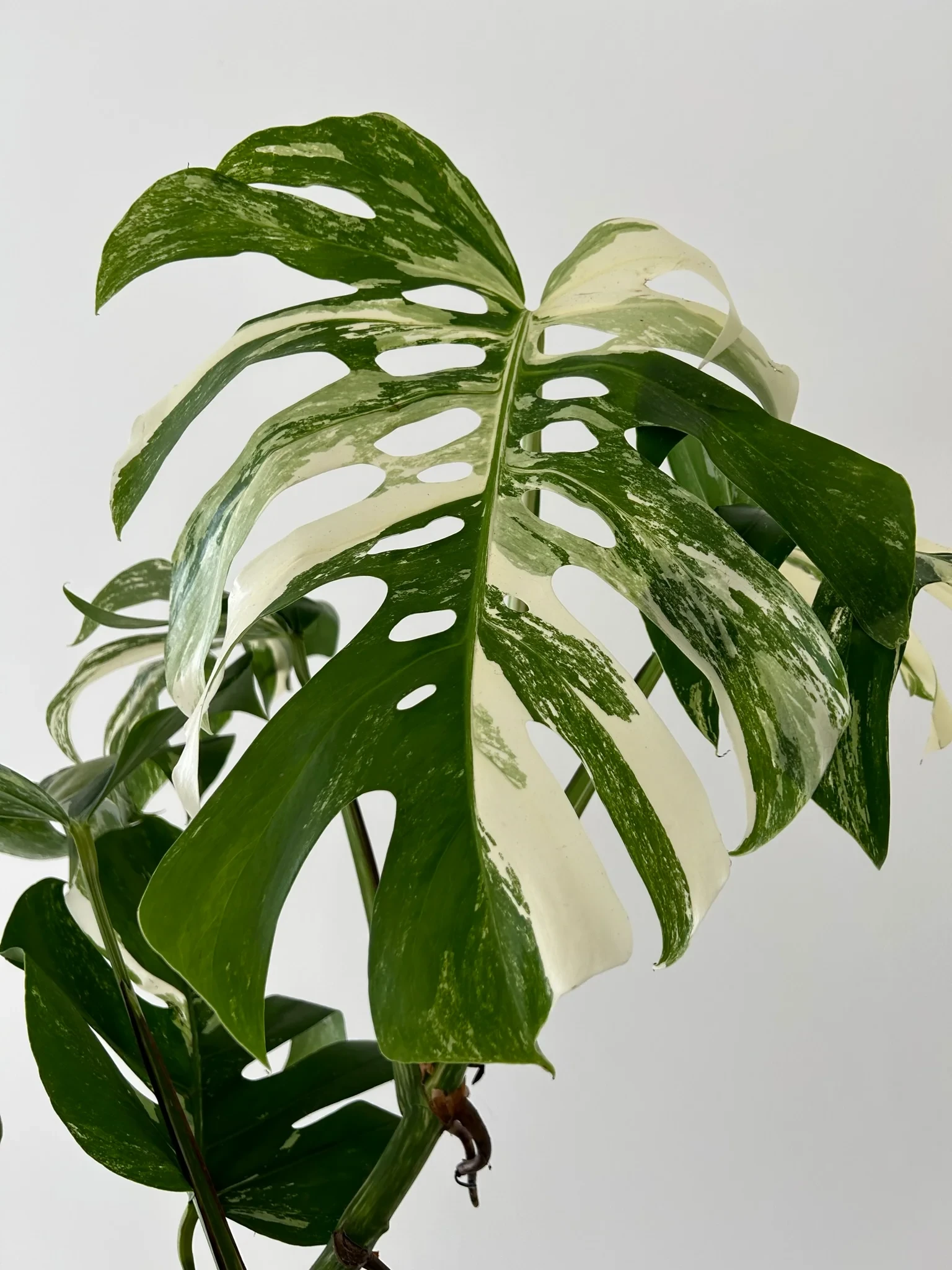


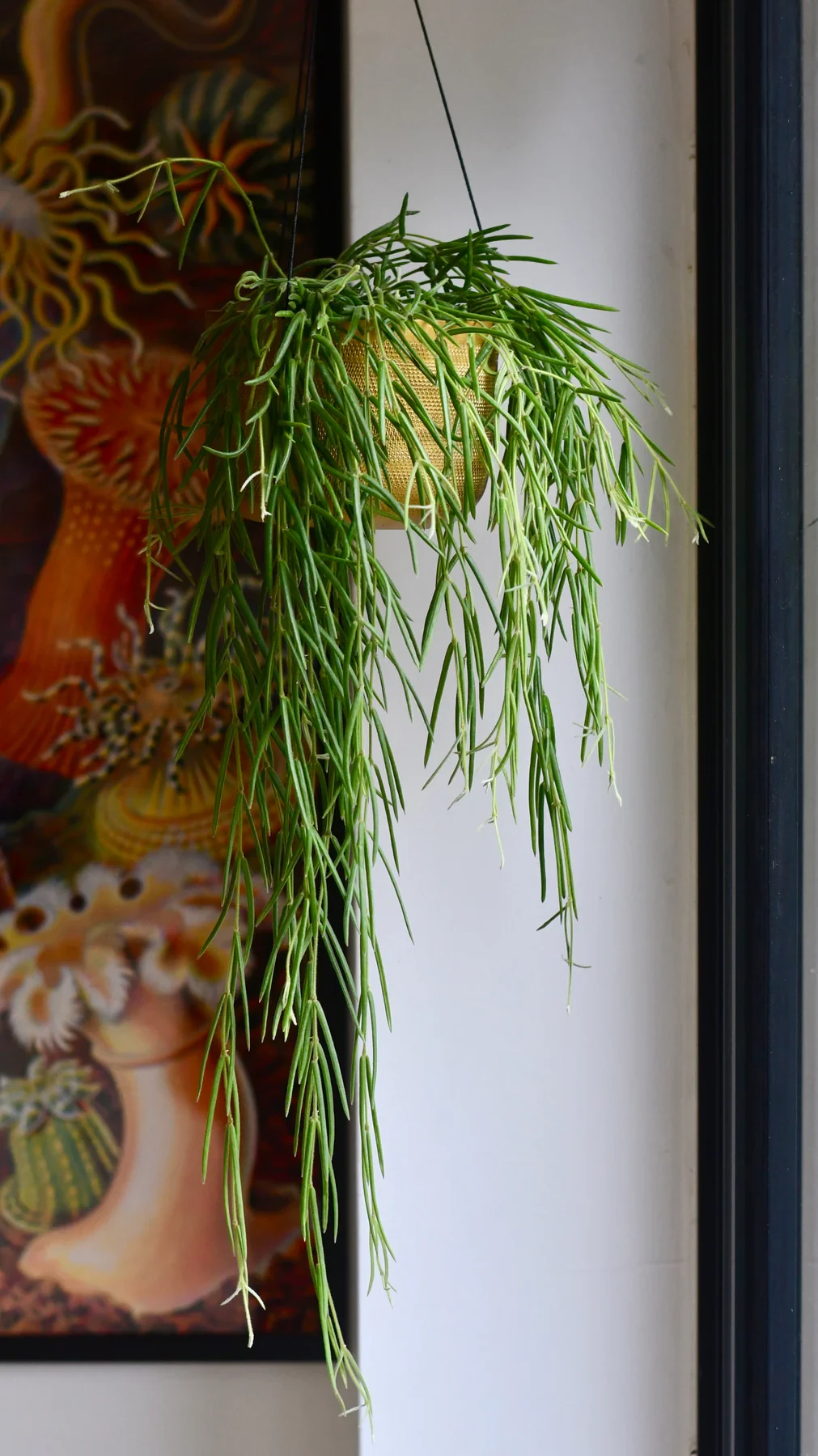
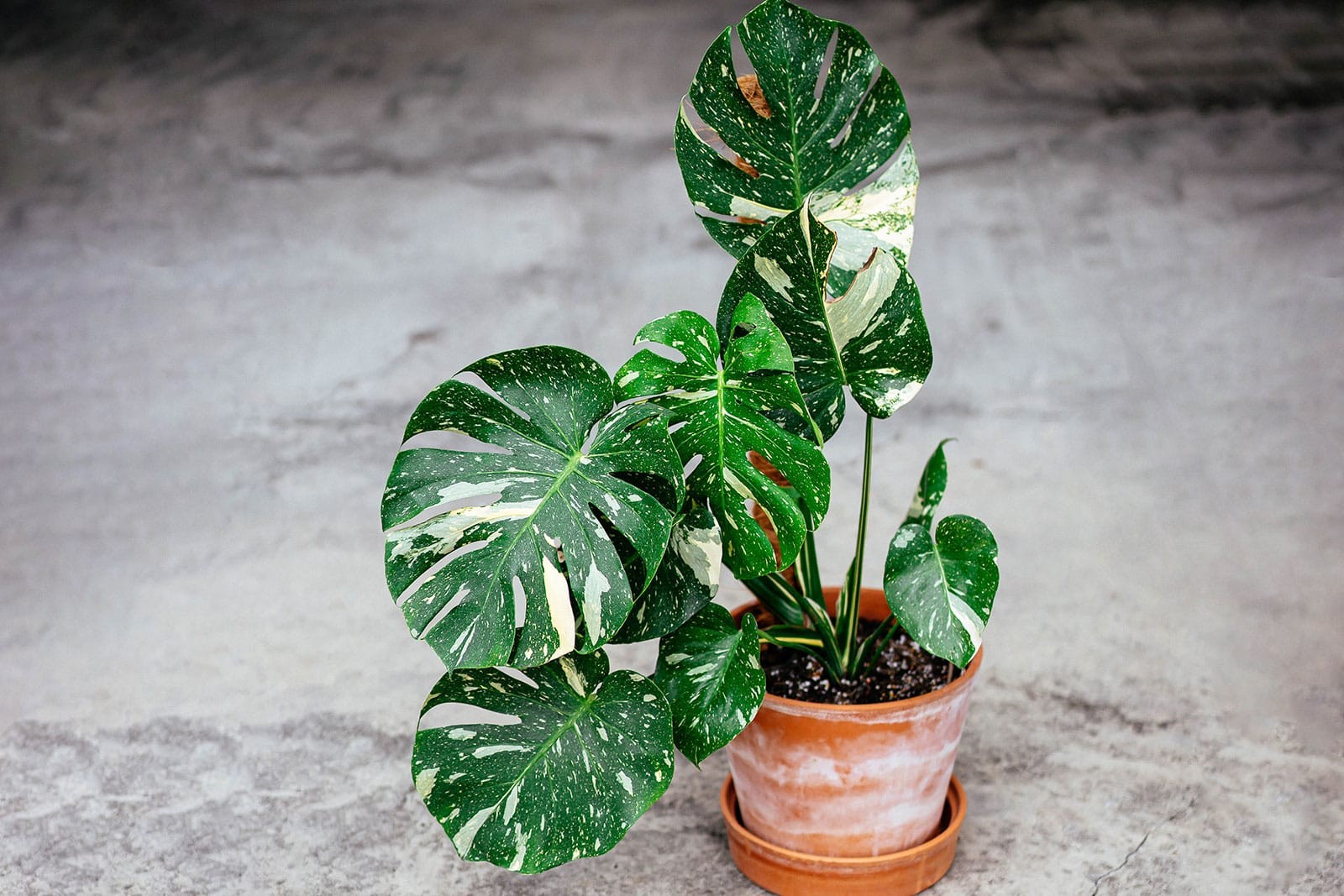
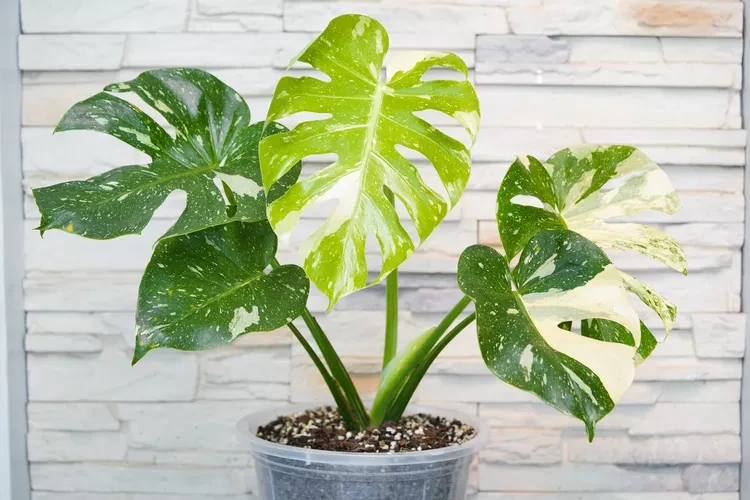
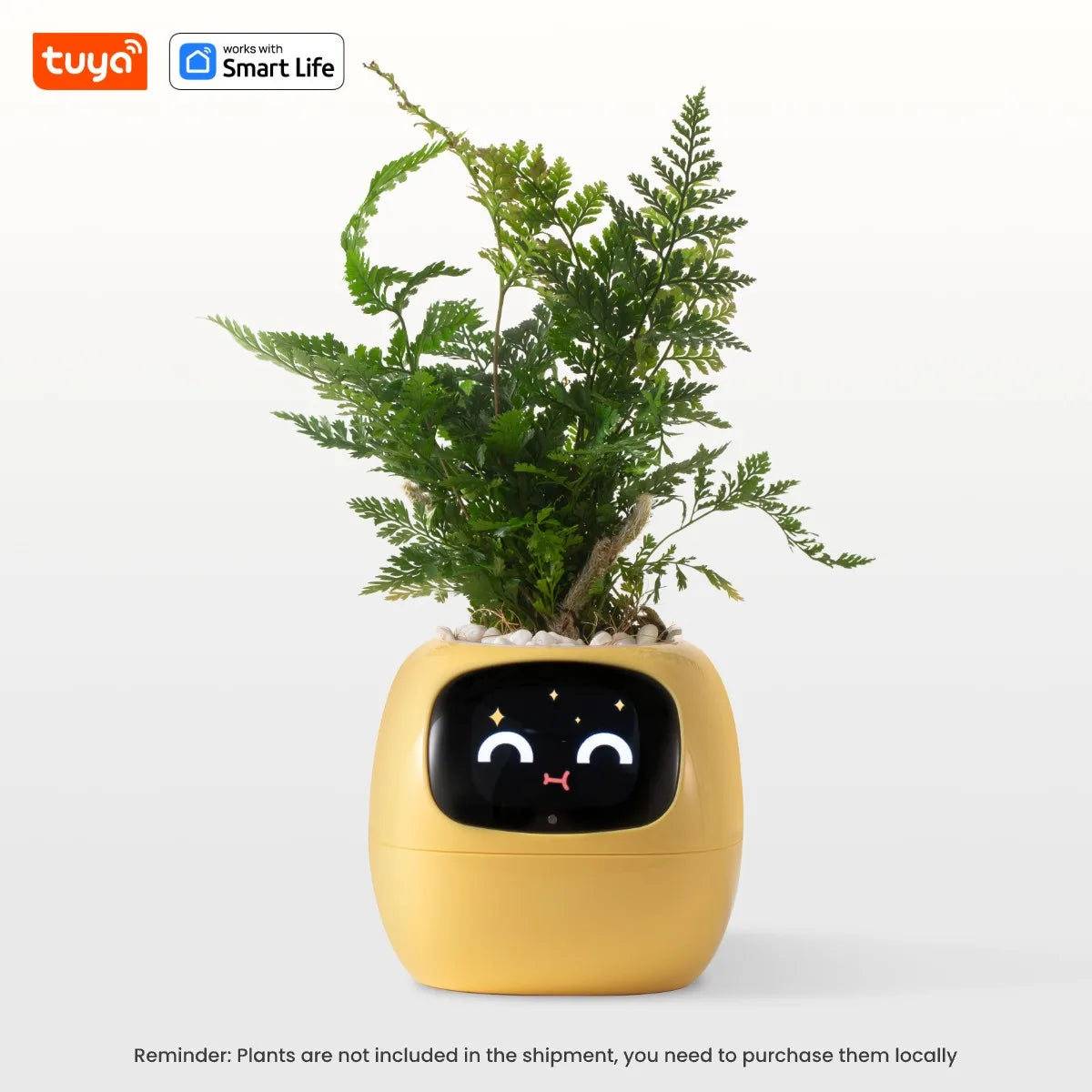
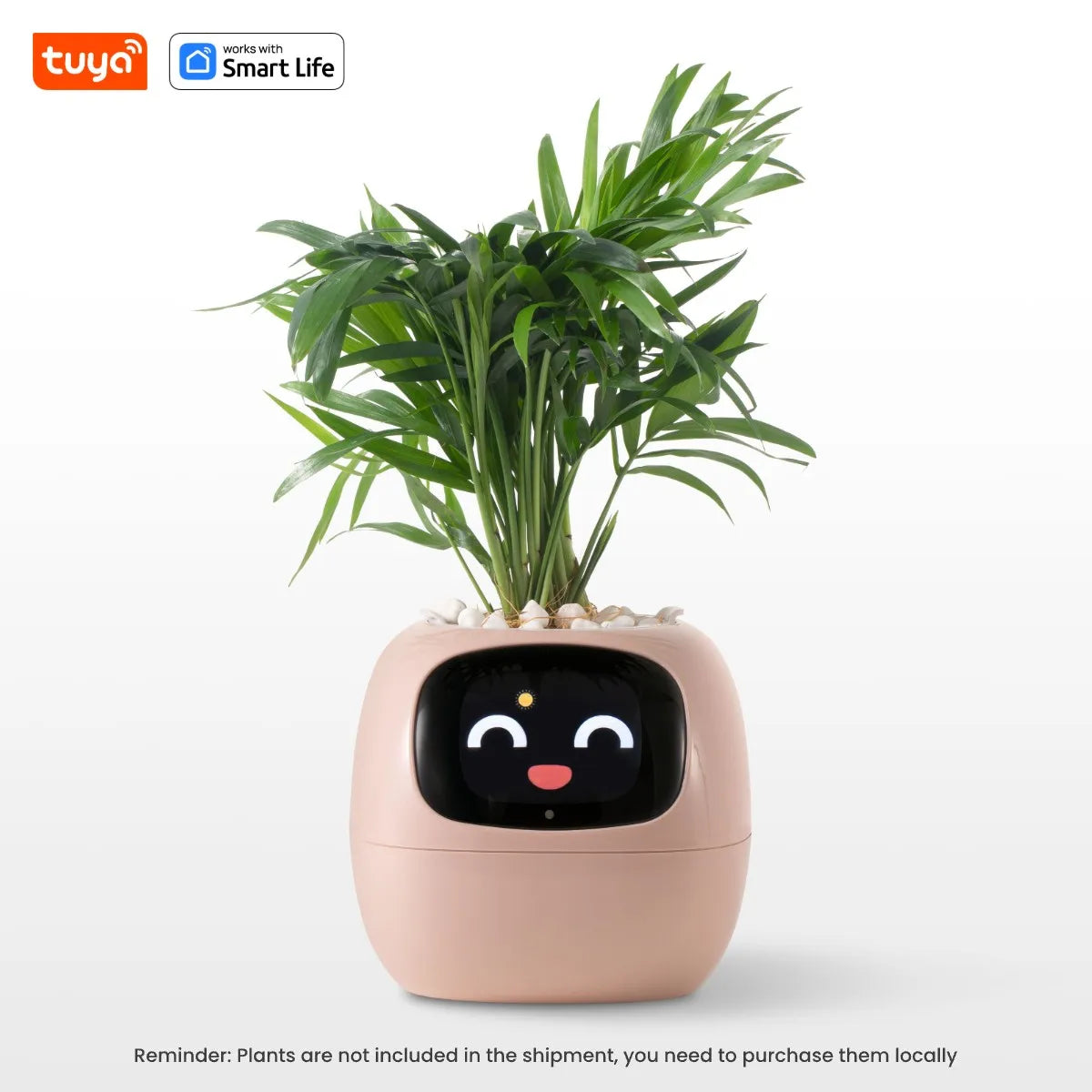
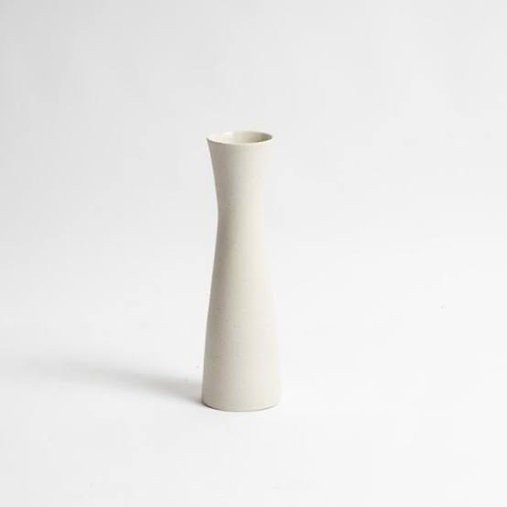
.jpeg)
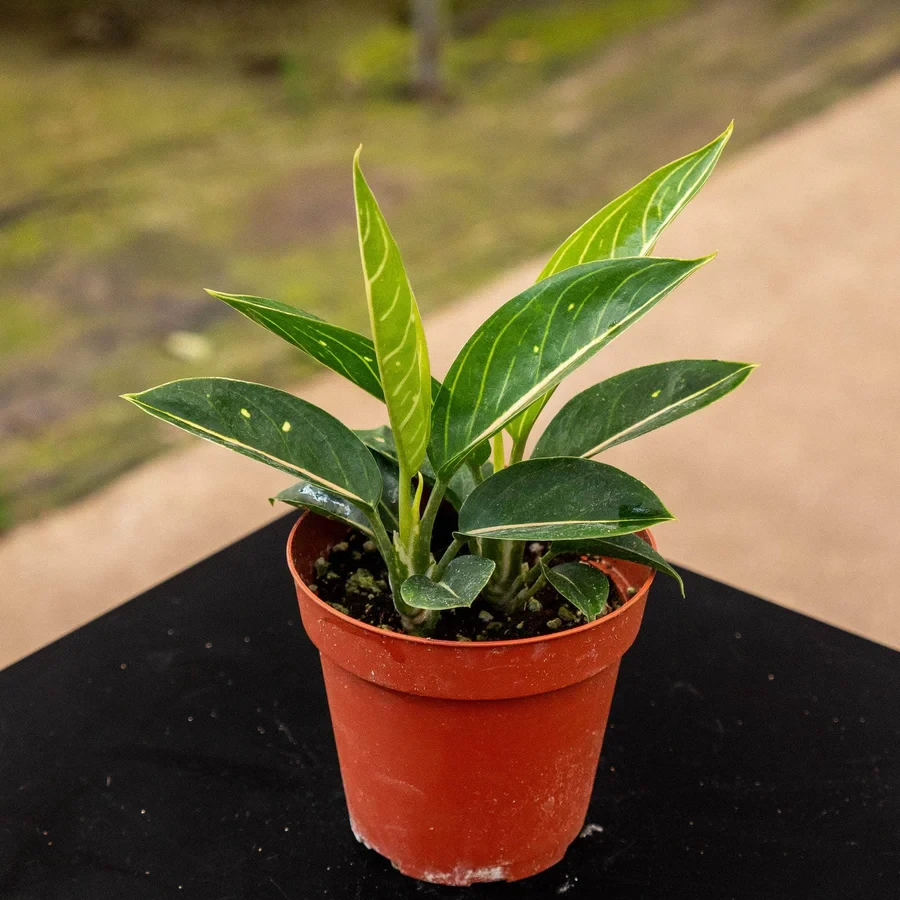
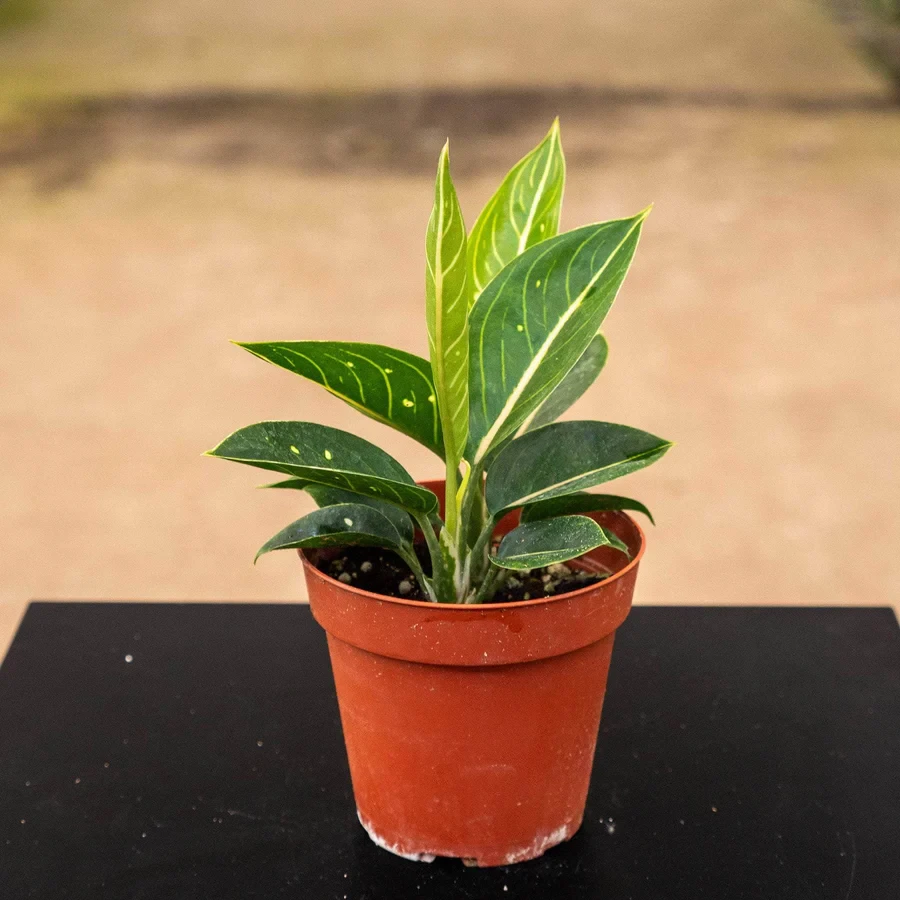
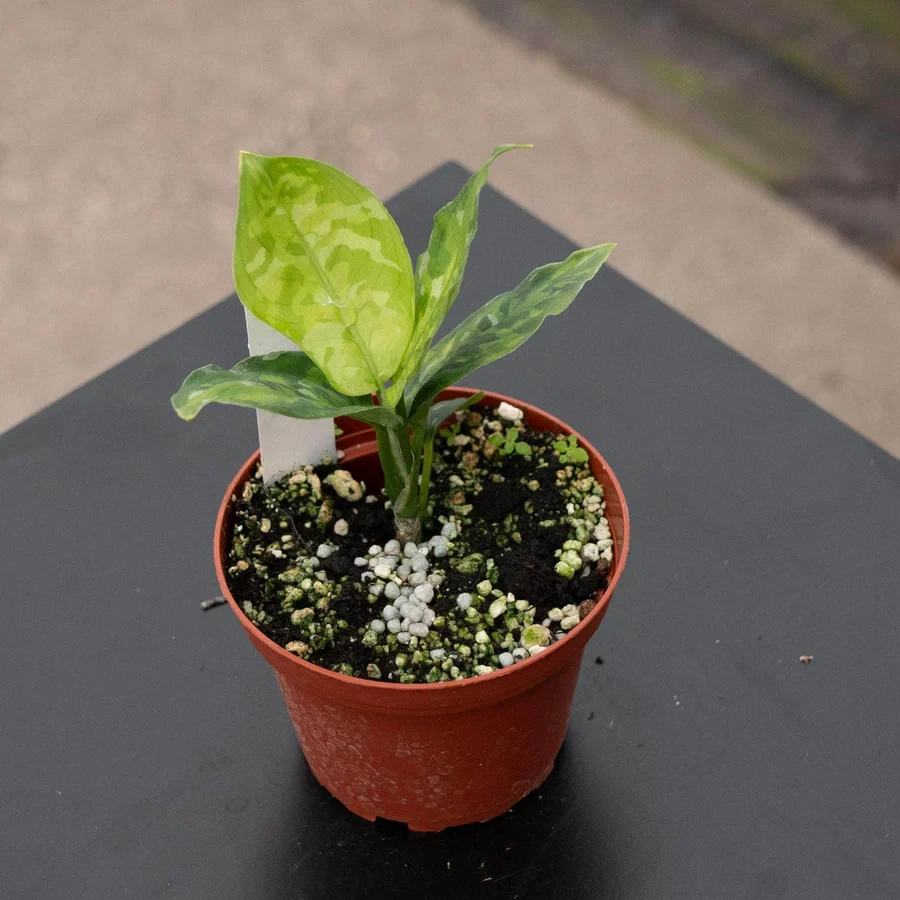
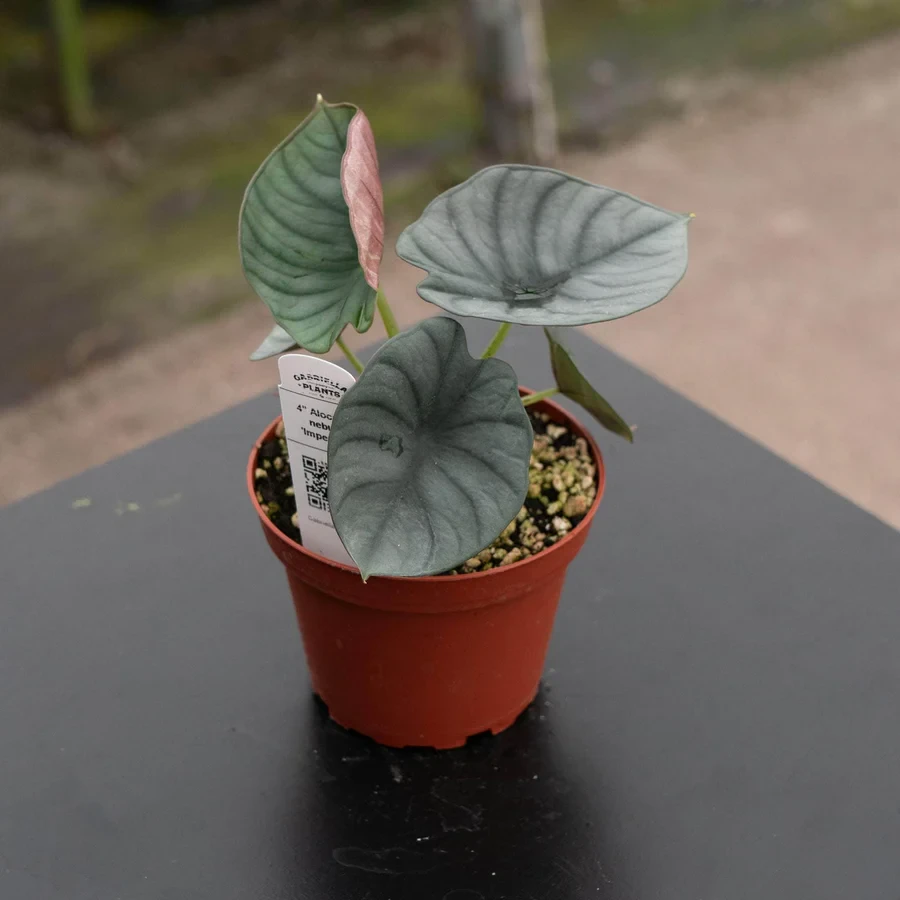









.jpg)
















































ulva-Logo.jpg)
